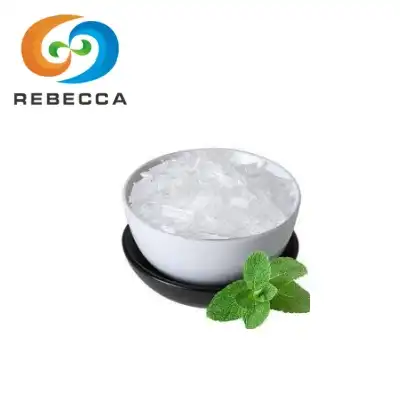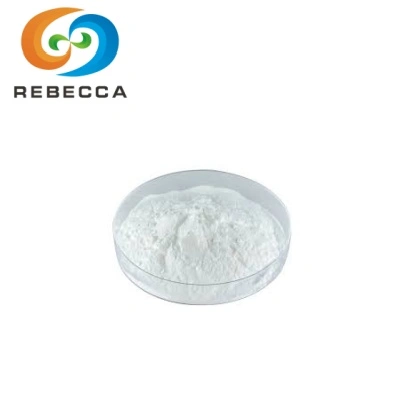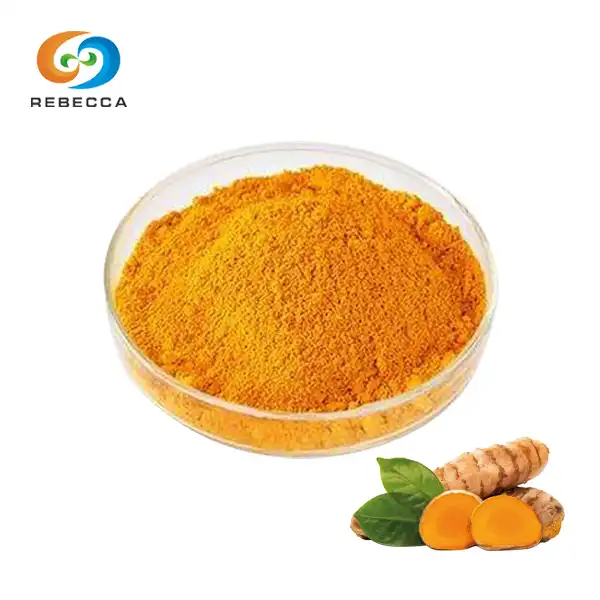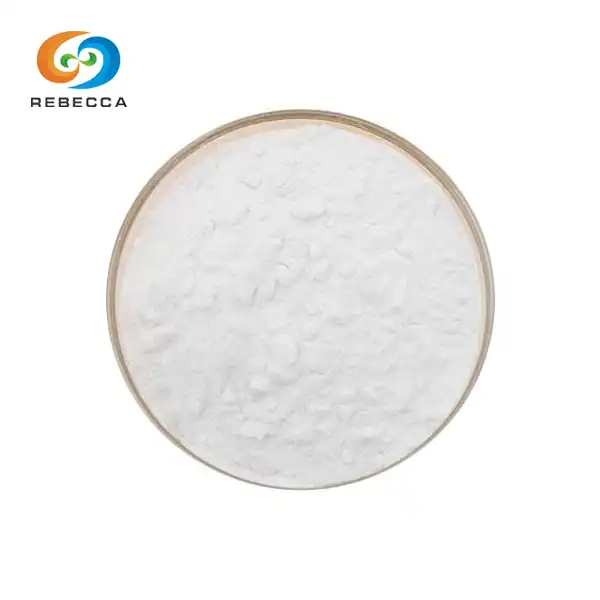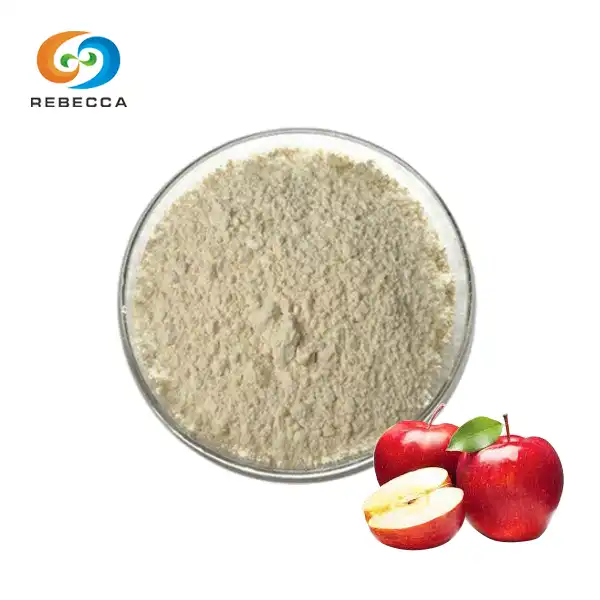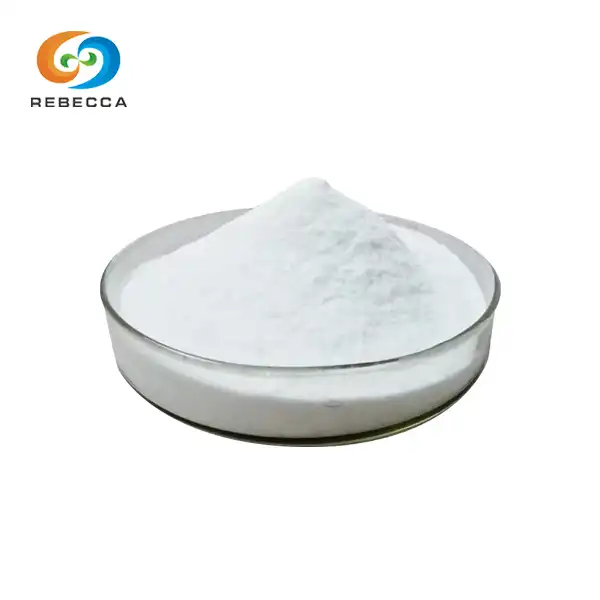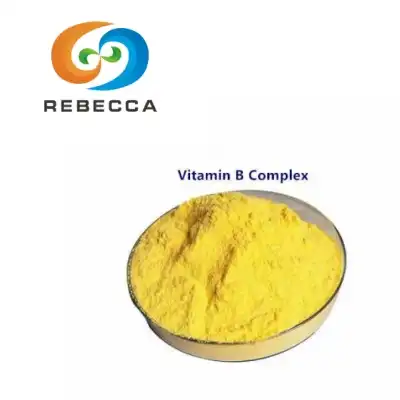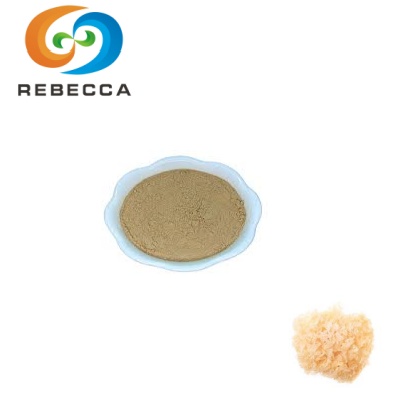Thyme Extract Uses
Thyme, scientifically known as Thymus vulgaris, has been treasured throughout history for its aromatic fragrance, culinary applications, and medicinal properties. This humble herb, native to the Mediterranean region, has found its way into kitchens, medicine cabinets, and cosmetic formulations across the globe. While the leaves and flowering tops are commonly used in cooking, thyme extract represents a concentrated form of the plant's beneficial compounds, offering a more potent solution for various applications.
In recent years, thyme fruit extract has gained particular attention in scientific research and commercial applications. Although technically thyme produces tiny nutlets rather than true fruits, the extract derived from these reproductive structures contains a unique concentration of beneficial compounds. This specialized extract has demonstrated promising results across multiple domains, from supporting respiratory health to preserving food products naturally. The versatility of thyme extract opens up numerous possibilities for its application in health, culinary arts, and personal care.
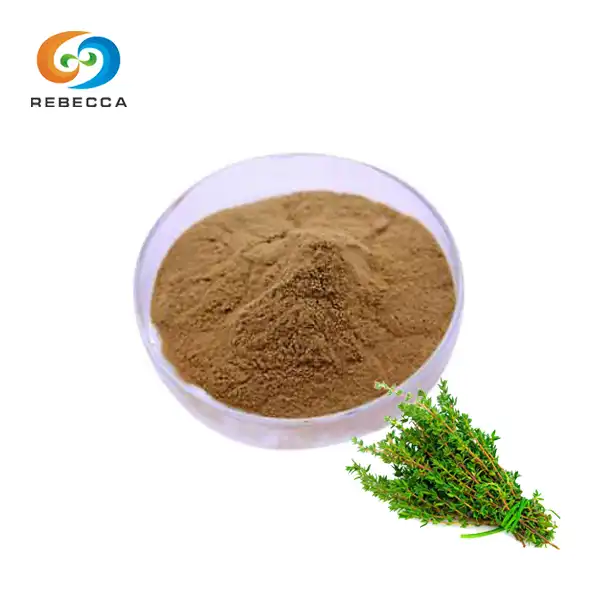
Thyme Fruit Extract
Product Name:Thyme fruit extract
Latin name:Thymus mongolicus Ronn
Part of Plant Used: Whole plant
Specifications:5:1 10:1 20:1,thymol 5%-10%
Testing Method:TLC
Active ingredients: Thymol
Appearance:Brown Fine Powder
Health And Medical Uses
The medicinal applications of thyme extract date back centuries, with records of its use appearing in ancient Egyptian, Greek, and Roman texts. Modern scientific research has validated many of these traditional uses while discovering new therapeutic applications. The antimicrobial properties of thyme extract, particularly attributed to thymol and carvacrol, have been extensively documented. Studies have demonstrated its effectiveness against various pathogens, including bacteria, viruses, and fungi that cause common infections.
Research published in the Journal of Applied Microbiology showed that thyme fruit extract exhibited significant inhibitory effects against multiple drug-resistant bacterial strains, suggesting its potential as an alternative or complementary approach to conventional antibiotics in certain situations. Respiratory conditions represent one of the most well-established applications for thyme extract. Its expectorant and bronchodilating properties make it valuable for addressing coughs, bronchitis, and upper respiratory congestion. A clinical study published in the European Journal of Drug Metabolism and Pharmacokinetics reported that patients with acute bronchitis experienced faster symptom resolution when treated with a combination including thyme extract compared to placebo.
The thymol in thyme fruit extract appears to enhance mucus clearance while simultaneously relaxing the smooth muscles of the bronchial tubes, facilitating easier breathing. This dual action makes it particularly beneficial during seasonal respiratory challenges or for those with chronic respiratory concerns. The anti-inflammatory capacity of thyme extract has been investigated for various inflammatory conditions. Research suggests that compounds inhibit inflammatory pathways and reduce the production of pro-inflammatory cytokines. A study in the Journal of Ethnopharmacology demonstrated a significant reduction in inflammatory markers when thyme fruit extract was administered in an experimental model of inflammation.
This anti-inflammatory action may contribute to its efficacy for conditions ranging from inflammatory skin disorders to gastrointestinal inflammation. For individuals seeking natural approaches to managing chronic inflammatory conditions, thyme extract represents a promising option worth exploring under appropriate medical supervision. The digestive benefits of thyme extract extend beyond its anti-inflammatory properties. It has shown potential for supporting overall digestive health by stimulating the production of digestive enzymes and promoting healthy gut flora.
Research indicates that thyme fruit extract may help alleviate symptoms of irritable bowel syndrome and other functional gastrointestinal disorders. Its carminative properties help reduce gas and bloating, while its antimicrobial effects may help address dysbiosis or bacterial overgrowth in the digestive tract. These multiple mechanisms of action make it a comprehensive support for digestive wellness.
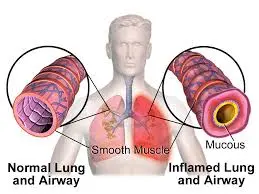
Food and Beverage Applications
The food industry has embraced thyme extract as both a flavoring agent and a natural preservative. Its distinctive aromatic profile adds depth and complexity to various culinary creations while simultaneously extending shelf life through its antimicrobial properties. Research published in Food Chemistry demonstrated that thyme fruit extract effectively inhibited lipid oxidation in meat products, maintaining quality and freshness for longer periods compared to untreated samples. This dual functionality makes thyme extract particularly valuable in the current food market, where consumers increasingly demand clean label products with minimal synthetic additives.
Beverage applications for thyme extract have expanded beyond traditional herbal teas to include functional beverages targeting specific health concerns. The extract's pleasant herbaceous notes blend well with various flavor profiles, allowing for creative beverage formulations. Some innovative companies have incorporated thyme fruit extract into specialized drinks designed to support respiratory health or enhance immune function. These beverages provide consumers with convenient access to thyme's beneficial properties while offering an enjoyable taste experience. The water-soluble nature of many compounds facilitates easy incorporation into liquid formulations, making it technically feasible for large-scale beverage production.
Flavor enhancement represents another significant application for thyme extract in the food industry. Beyond its own characteristic flavor profile, thyme extract contains compounds that can enhance the perception of other flavors. This flavor-enhancing effect allows food developers to potentially reduce sodium or sugar content while maintaining consumer acceptance—a valuable property as food companies work to address nutritional concerns while preserving taste satisfaction. The complexity of its flavor profile, with notes ranging from floral to earthy to slightly minty, provides versatility across diverse culinary applications from savory dishes to certain sweet applications where herbal notes are desirable.


Personal Care & Beauty
The cosmetic and personal care industry has discovered multiple applications for thyme extract, capitalizing on its antimicrobial, anti-inflammatory, and antioxidant properties. Skincare formulations containing thyme extract have shown promise for addressing various dermatological concerns, particularly those related to bacterial imbalances or excessive sebum production.
Research published in the Journal of Cosmetic Dermatology demonstrated that a topical preparation containing thyme fruit extract significantly improved symptoms of acne vulgaris with minimal irritation compared to conventional treatments. The selective antimicrobial action of thymol appears to target problematic bacteria while largely preserving beneficial skin flora, offering a balanced approach to skin health.
Hair care represents another growing application for thyme extract in personal care. Its purifying properties make it valuable for addressing scalp conditions such as dandruff or seborrheic dermatitis, which often involve both microbial factors and inflammation. Studies have shown that thyme fruit extract can help regulate sebum production while soothing irritated scalp tissue. Additionally, some preliminary research suggests that certain compounds may help strengthen hair follicles and potentially slow age-related thinning. These multiple benefits have led to increased incorporation of thyme extract in specialized shampoos, conditioners, and scalp treatments marketed for problematic or aging hair conditions.
Oral care products have also benefited from their properties. Its natural antimicrobial action makes it effective against the bacteria associated with dental plaque, bad breath, and gingivitis. Research in the Journal of Medicinal Plants Studies confirmed that mouthwash containing thyme extract significantly reduced oral bacterial counts compared to a placebo. Beyond bacterial control, the anti-inflammatory compounds may help soothe irritated gum tissue, while their natural astringent properties can help strengthen gums and reduce minor bleeding. These comprehensive benefits make thyme extract a valuable ingredient in natural oral care formulations seeking alternatives to synthetic antimicrobial agents like triclosan or chlorhexidine.
The antioxidant profile of thyme extract, particularly thyme fruit extract, offers significant advantages for anti-aging skincare formulations. Free radical damage represents a major contributor to premature skin aging, manifesting as fine lines, loss of elasticity, and uneven pigmentation. The polyphenols and flavonoids neutralize these damaging free radicals, potentially slowing the visible aging process. Research published in the International Journal of Cosmetic Science demonstrated that topical application of botanical extracts rich in similar polyphenols improved various markers of skin aging in clinical evaluation. This protective function complements thyme fruit extract's other skin benefits, creating a multi-functional ingredient for comprehensive skincare.
Rebecca: Buy Thyme Extract
Rebecca Bio-Tech's dedication to excellence begins with our careful selection of raw materials. We utilize the whole thyme plant to create extracts that capture the complete phytochemical profile this remarkable herb has to offer. Our specialized extraction processes yield concentrated products available in multiple specifications, including 5:1, 10:1, and 20:1 ratios, allowing you to select the potency level appropriate for your application. Each batch contains standardized thymol content ranging from 5% to 10%, ensuring reliable activity for antimicrobial, anti-inflammatory, and antioxidant applications.
Whether you're a product developer seeking clean-label ingredients for food preservation, a formulator creating natural skincare solutions, or a manufacturer of dietary supplements targeting respiratory or immune health, Rebecca Bio-Tech provides the high-quality thyme fruit extract you need to create effective, market-ready products. Our technical expertise extends beyond simply supplying ingredients—we partner with our clients to ensure optimal incorporation of our extracts into their specific applications.
For more information about our thyme extract specifications, minimum order quantities, or custom extraction options, please reach out to our knowledgeable team at information@sxrebecca.com. We welcome the opportunity to discuss how our premium thyme extract can enhance your products and help you meet the growing consumer demand for natural, efficacious ingredients with multiple functional benefits.
References
Nabavi, S.M., et al. (2015). "Plants belonging to the genus Thymus as antibacterial agents: From farm to pharmacy." Food Chemistry, 173, 339-347.
Salehi, B., et al. (2019). "Thymol, thyme, and other plant sources: Health and potential uses." Phytotherapy Research, 33(9), 2228-2244.
Marchese, A., et al. (2016). "Antimicrobial activity of thymol: Identifying synergistic and antagonistic interactions." Critical Reviews in Microbiology, 42(6), 1040-1049.
Borugă, O., et al. (2014). "Thymus vulgaris essential oil: chemical composition and antimicrobial activity." Journal of Medicine and Life, 7(3), 56-60.
Vázquez, B., et al. (2015). "The potential of thyme essential oils for the prevention of oxidative rancidity in sunflower oil." Journal of the Science of Food and Agriculture, 95(9), 1819-1825.
